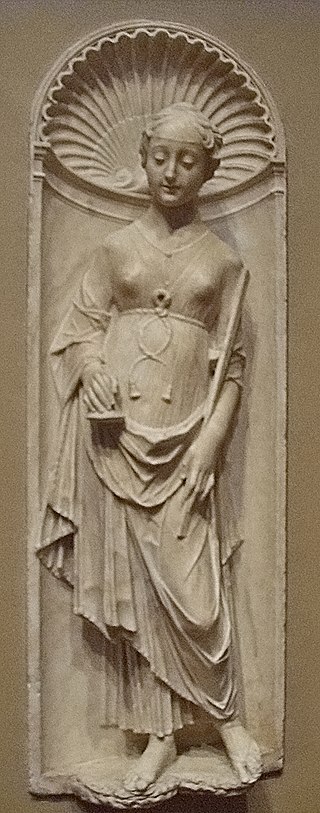Faith itself is a necessary property of the universe, the ultimate fundamental to life and nature?
I wouldn't go that far. I don't think that faith has anything to do with being itself.
But... I do think that faith is fundamental to human (or any other) cognition. Of course I define 'faith' rather differently than many street-theists do. (My idea comes more from the philosophical and theological traditions.)
My idea of faith is the willingness to act, to commit one's self, in a situation of imperfect information. (Any biological organism or any AI can't avoid doing it.) It's related to 'reliability'. (A 'faithful companion' is a reliable companion.) Another word is 'trust'. Something that one has 'confidence' in. (The ancient Hebrew word translated as 'faith' in the OT had this kind of meaning.)
It's an honorific word for what in other contexts might be a serious defect: the willingness to jump to conclusions. In intellectual life doing that can lead to no end of errors, but in everyday life it's absolutely necessary. We couldn't live our lives without doing it.
Where can Faith be found?
In science for one place.
The simplistic and stereotypical "scientific method" has people generating hypotheses, then testing them (often experimentally). But... what does producing a confirming instance have to do with the truth of a general proposition? There's a logical leap there.
God is the LOVE part of the universe?
Sure, why not? Even scientists (especially astronomers) are often motivated by their sense of the universe's scale, beauty and awesomeness. (Carl Sagan reverently intoning "Billions and Billions..." It obviously did something for him emotionally.) Physicists are often motivated by their sense of the universe's hidden mysteries, that they (and only they) are in a position to reveal.
So science isn't above having faith that exploring and understanding the universe has some payoff, leads towards some goal, in the direction of some result that's worth achieving. One needn't call it "God" or "Love". "Knowledge" is fine, but it's something exceedingly desireable, something to aim one's life towards. Something that gives all the rest of it meaning. The ancients called it "Gnosis".
"Stranger: In this way, then, divide all science into two arts, calling the one practical (praktikos), and the other purely intellectual (gnostikos). Socrates: Let us assume that all science is one and that these are its two forms." (Plato
Statesman 258e)
Right here, right now.

